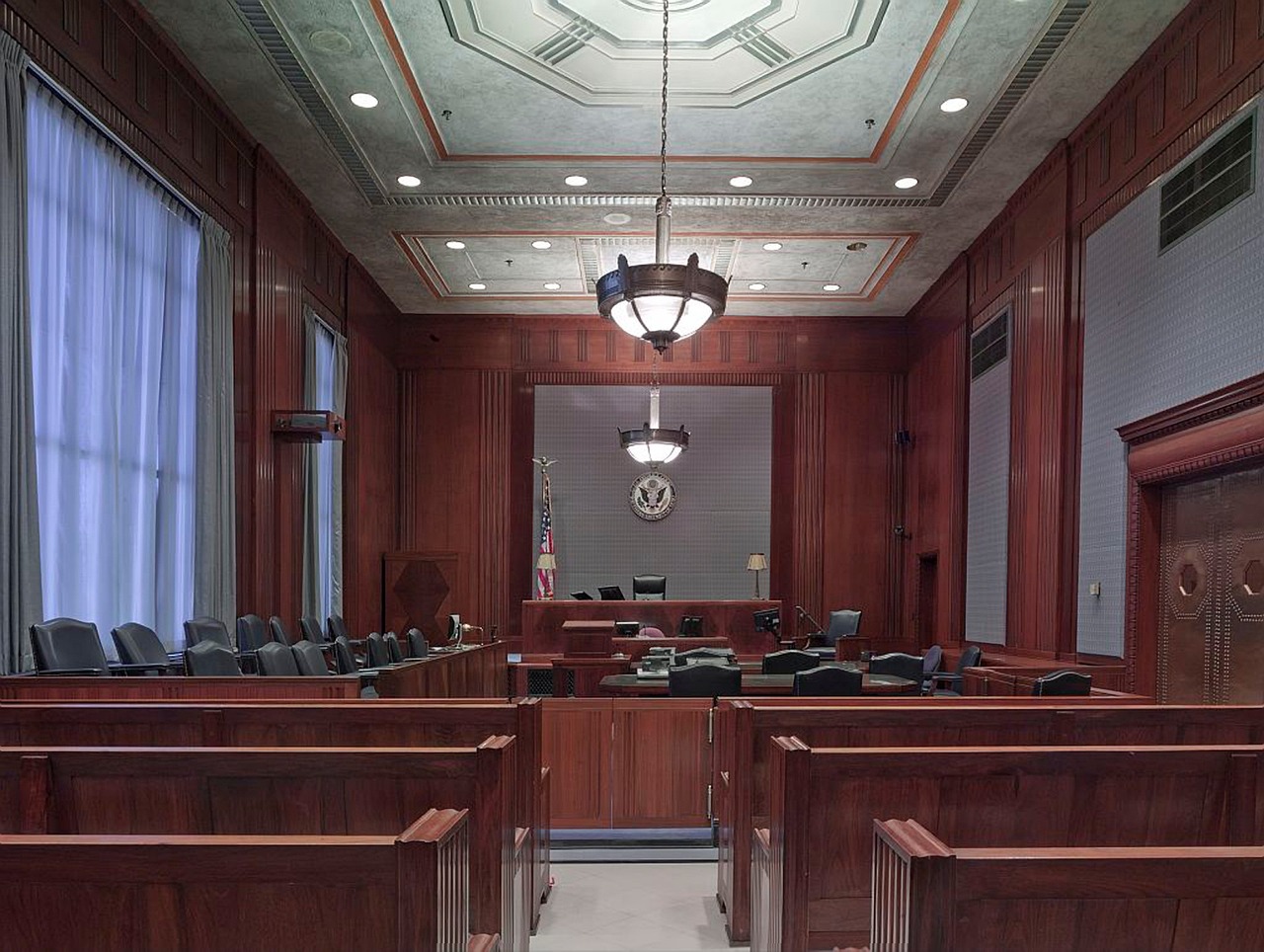Rethinking the Judiciary: The Case for Specialized Courts
In the realm of judicial reform, the concept of specialized courts has been a topic of heated debate. These courts, designed to handle specific types of cases, offer potential solutions to numerous systemic issues but also raise questions about consistency and fairness in legal proceedings.

The Genesis of Specialized Courts
Specialized courts have a long history, dating back to the Roman Empire where there were separate courts for various types of legal disputes. In the United States, the concept came into prominence in the late 19th century with the establishment of specialized courts for bankruptcy and patent cases. The primary argument for specialized courts has been that they bring efficiency and expertise to the handling of complex or unique types of cases.
The Current Landscape of Specialized Courts
Today, specialized courts exist in various forms worldwide. In the U.S., they range from drug courts and family courts on the state level, to bankruptcy and tax courts on the federal level. Internationally, the concept has been applied to areas such as international trade, war crimes, and maritime law. The growth of these courts reflects a recognition that some areas of law have become so complex or specialized that they require dedicated judicial resources.
The Pros and Cons of Specialized Courts
Proponents of specialized courts argue that they offer several benefits. They can deliver more informed rulings, as judges in these courts develop deep expertise in their particular area of law. They can also streamline the judicial process by reducing the time spent educating a judge on the intricacies of a specific type of case.
However, detractors voice concerns about the risk of inconsistency in rulings and the potential for bias. They argue that specialized courts may lead to a “tunnel vision” effect, where judges become so immersed in their area of expertise that they fail to see broader legal implications.
Specialized Courts and Society: Implications and Impact
The implications of specialized courts are significant. On the positive side, they can enhance the efficiency and quality of justice in areas where cases are complex or socially impactful, like drug-related crimes or family disputes. This can ultimately lead to better outcomes for individuals and society.
On the downside, there is a risk that these courts could contribute to an uneven application of justice. If specialized courts are not held to the same standards of transparency and accountability as regular courts, they could undermine the public’s trust in the judiciary.
The Future of Specialized Courts
The debate surrounding specialized courts is unlikely to be resolved soon. As the legal landscape continues to evolve and grow more complex, the demand for judicial expertise in specific areas of law may increase. However, it is critical that, in our pursuit of efficiency and expertise, we do not compromise on the fundamental principles of justice: consistency, fairness, and transparency.





